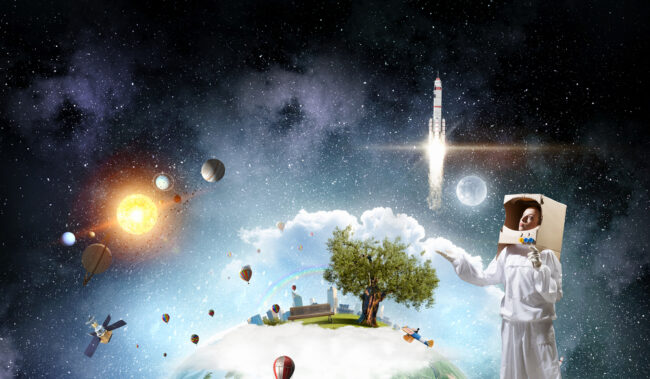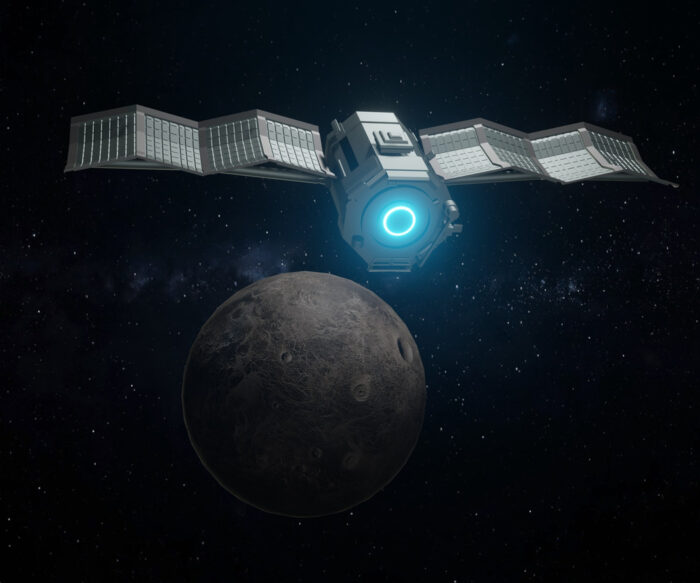In issue 413 of July-August 2016, Futuribles launched an extended series on the contributions made by science fiction to foresight studies and the relations between the two, in order to discern whether, and to what extent, science-fiction writers have influenced foresight thinking and the collective imagination. After examining these questions from the socio-political and environmental angles, we are resuming this series with a look at science and technology: what have relations been like between science as a discipline and science fiction?
For example, Roland Lehoucq shows how science fiction has run alongside science, enabling what are at times pioneering ideas to be presented from an imaginary angle and to be spun out so that their possible impact on human societies can be explored. Science fiction also has the freedom to create technical or scientific innovations to meet the needs of a story line, innovations that may turn out to be totally fanciful or may actually become reality (or may, alternatively, have promise but fail in the end to materialize). Lastly, it plays its part in exploring reality and raising essential questions about technical or scientific developments that are ongoing or in the pipeline. In that sense, it represents a genuine arena of experimentation in — and exploration of — future possibilities and their consequences for humanity.


